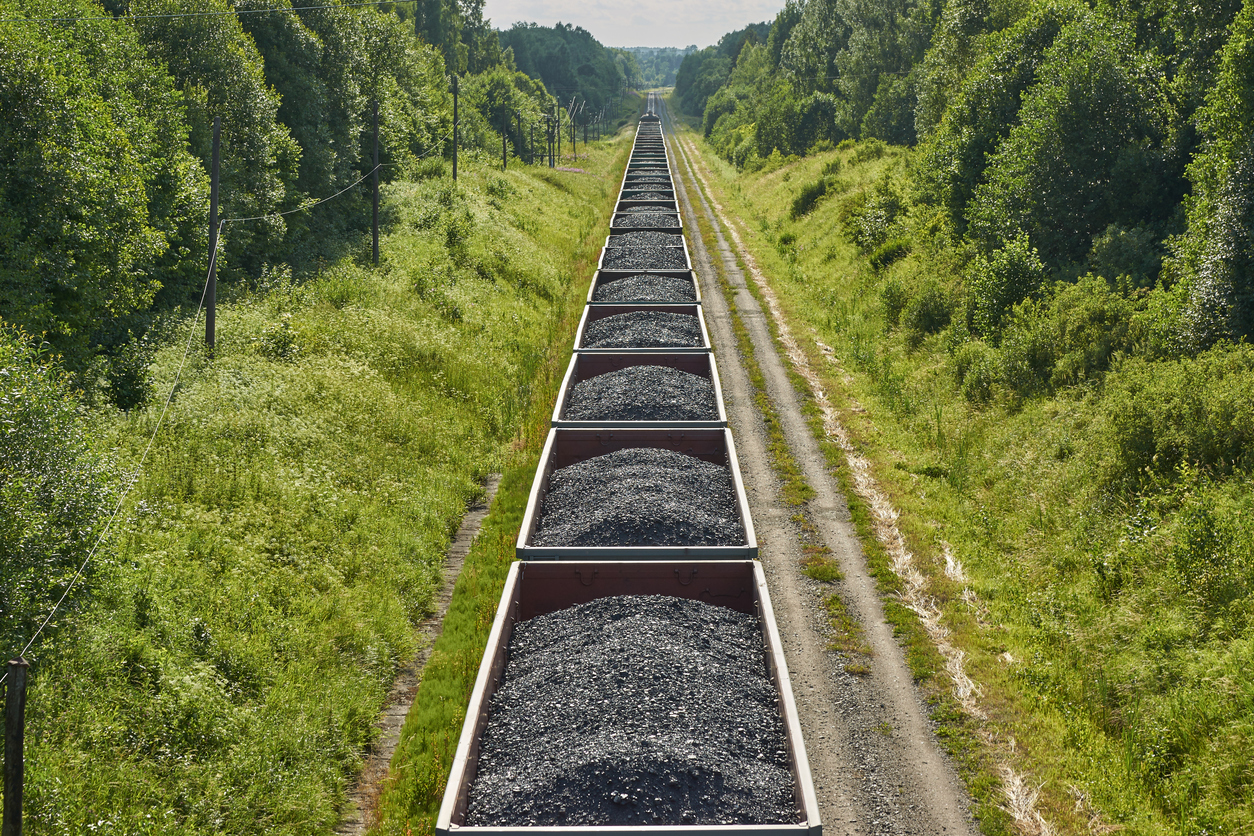Africa’s Mining Logistics: Mapping the Challenges
Africa’s Mining Logistics: Mapping the Challenges
The mining industry is a significant contributor to the global economy. In fact, it accounts for approximately 6% of global GDP and is projected to grow significantly in the next decade. Demand for raw materials will increase as manufacturing, construction, and other sectors continue to emerge from the recession. To meet this demand, mining companies are expanding their operations into new regions. Many mining companies have begun exploring opportunities in Africa—a region with abundant mineral resources and untapped potential. Logistics plays a critical role in determining where mining investments are made and whether those investments are successful. Logistics can be described as the management of the supply chain from raw material extraction through production, shipping, storage and delivery to final customers — all within cost-effective time frames with minimum risk. While several challenges exist in Africa’s mining logistics space today, there are opportunities for collaboration among stakeholders that could accelerate progress on addressing these challenges moving forward.
Key Challenges Facing African Mining Logistics
As the mining industry continues to expand into Africa, many companies are facing challenges in the logistics space. Some challenges include the lack of infrastructure and road conditions, shortage of trained labour, regulations and compliance issues, and limited access to data. These challenges will continue to persist as African countries continue to develop and improve their mining sectors. In terms of infrastructure, certain regions in Africa are lagging behind other global markets. This is due to a number of factors, including a lack of investment in transportation, telecommunications, and energy infrastructure. This lack of investment is largely due to the fact that many of these markets are considered frontier markets. Frontier markets can be defined as emerging economies that have yet to establish mature capital markets and a robust regulatory framework.
Lack of Infrastructure and Road Conditions
Africa’s poor road conditions is a major problem inhibiting mining operations, as well as other industries in the region. This issue is particularly prevalent in Sub-Saharan Africa. As shown in the graph above, Sub-Saharan Africa accounts for nearly 40% of the world’s unpaved roads, with only 24% of those roads paved. This lack of paved roads can lead to significant delays in the movement of goods, particularly during the rainy season. In fact, logistics providers in the region may have to close their doors for several weeks each year as a result of impassable roads. The lack of paved roads leads to other issues as well, such as higher costs. Companies may have to hire heavier vehicles, which can lead to extra fuel costs. These issues can become particularly problematic in areas that experience significant rainfall, as significant flooding can render roads impassable.
Shortage of Trained Labour
A significant shortage of skilled labour currently exists in Africa. This shortage is expected to be exacerbated as mining companies continue to expand and require more workers. The mining industry is expected to add more than 4 million jobs by 2020. Many of these jobs will be concentrated in Africa, which is projected to create nearly 90% of all mining jobs in the continent over the next five years. Unfortunately, many African countries lack the educational infrastructure required to produce sufficient numbers of skilled workers. In fact, most countries in Sub-Saharan Africa have less than 25% of people with secondary educations.
Regulations and Compliance Issues
The mining industry is highly regulated due to the significant impact it can have on the environment. Some of the world’s largest mining companies are based in Africa. However, many of these companies are currently facing compliance issues due to unclear legislation. In addition, many mining companies are unable to find the skilled employees needed to navigate the complex regulatory environment.
Conclusions
As the mining industry continues to grow, it’s crucial to consider the challenges facing African mining logistics. The most significant challenges include the lack of infrastructure and road conditions, shortage of trained labour, regulations and compliance issues, and limited access to data. These challenges will continue to persist as African countries continue to develop and improve their mining sectors. Although these challenges exist, there are opportunities for collaboration among stakeholders to accelerate progress on addressing them. Mining companies, freight forwarders, governments, and the private sector should come together to discuss ways to address these challenges. Collaboration can help facilitate the adoption of new technology and the creation of efficient networks.







LEAVE A COMMENT
You must be logged in to post a comment.